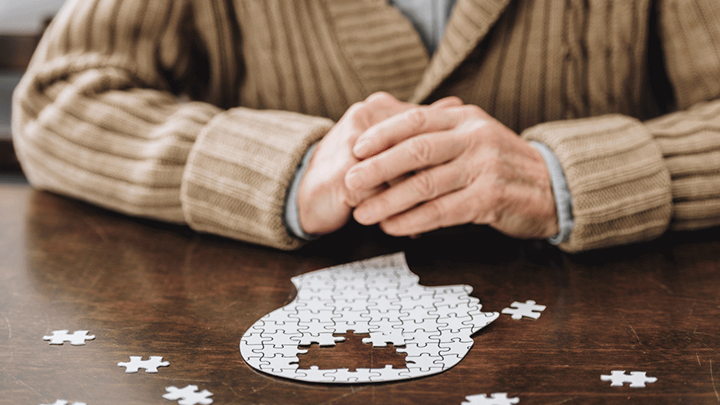As we age, memory changes can become more apparent, but recognizing early signs of memory loss in seniors is crucial for timely intervention. Early detection can help manage symptoms and improve the quality of life for older adults. Here’s how to identify potential memory issues and what steps you can take as a caregiver.
Early Signs of Memory Loss
- Frequent Forgetfulness
- Notice if your loved one often forgets recent conversations, appointments, or important dates. Occasional forgetfulness is normal, but frequent lapses may indicate a problem.
- Difficulty with Routine Tasks
- If they struggle to perform daily tasks they once managed easily, such as cooking, managing finances, or following a familiar route, it could be a sign of cognitive decline.
- Misplacing Items
- Regularly losing items and being unable to retrace steps to find them may be a red flag. If they frequently misplace belongings in unusual places, this warrants attention.
- Changes in Communication
- Look for signs of difficulty following conversations, finding the right words, or repeating themselves. These changes in communication can be indicative of memory issues.
- Withdrawal from Social Activities
- If your loved one begins to withdraw from social interactions or activities they once enjoyed, it may reflect concerns about memory or cognitive function.
- Mood and Personality Changes
- Changes in mood, behavior, or personality—such as increased confusion, agitation, or depression—can accompany memory loss and should not be overlooked.
- Inability to Follow Directions
- Difficulty understanding or following simple instructions, whether verbal or written, may signal cognitive decline.
What Caregivers Can Do
- Maintain Open Communication
- Create a safe space for discussion. Encourage your loved one to express their feelings about memory changes, and listen without judgment.
- Document Changes
- Keep a record of observed changes in memory or behavior. Note specific examples and how often they occur, which can be helpful for healthcare professionals.
- Encourage Routine and Organization
- Help your loved one establish a daily routine and use tools such as calendars, reminders, and lists to keep them organized.
- Engage in Mental Activities
- Encourage activities that stimulate the mind, such as puzzles, reading, or learning new skills. Staying mentally active can help maintain cognitive function.
- Consult a Healthcare Professional
- If you notice significant changes in memory, seek advice from a healthcare provider. Early intervention can lead to better management and treatment options.
- Be Patient and Supportive
- Understand that memory loss can be frustrating for seniors. Offer reassurance and support, and help them navigate challenges with compassion.
Conclusion
Early detection of memory loss in seniors is vital for ensuring they receive the appropriate care and support. By being vigilant and proactive, caregivers can help their loved ones maintain their independence and improve their overall quality of life. Remember, open communication and professional guidance are key in addressing memory concerns effectively. Your support can make a significant difference in their journey.




